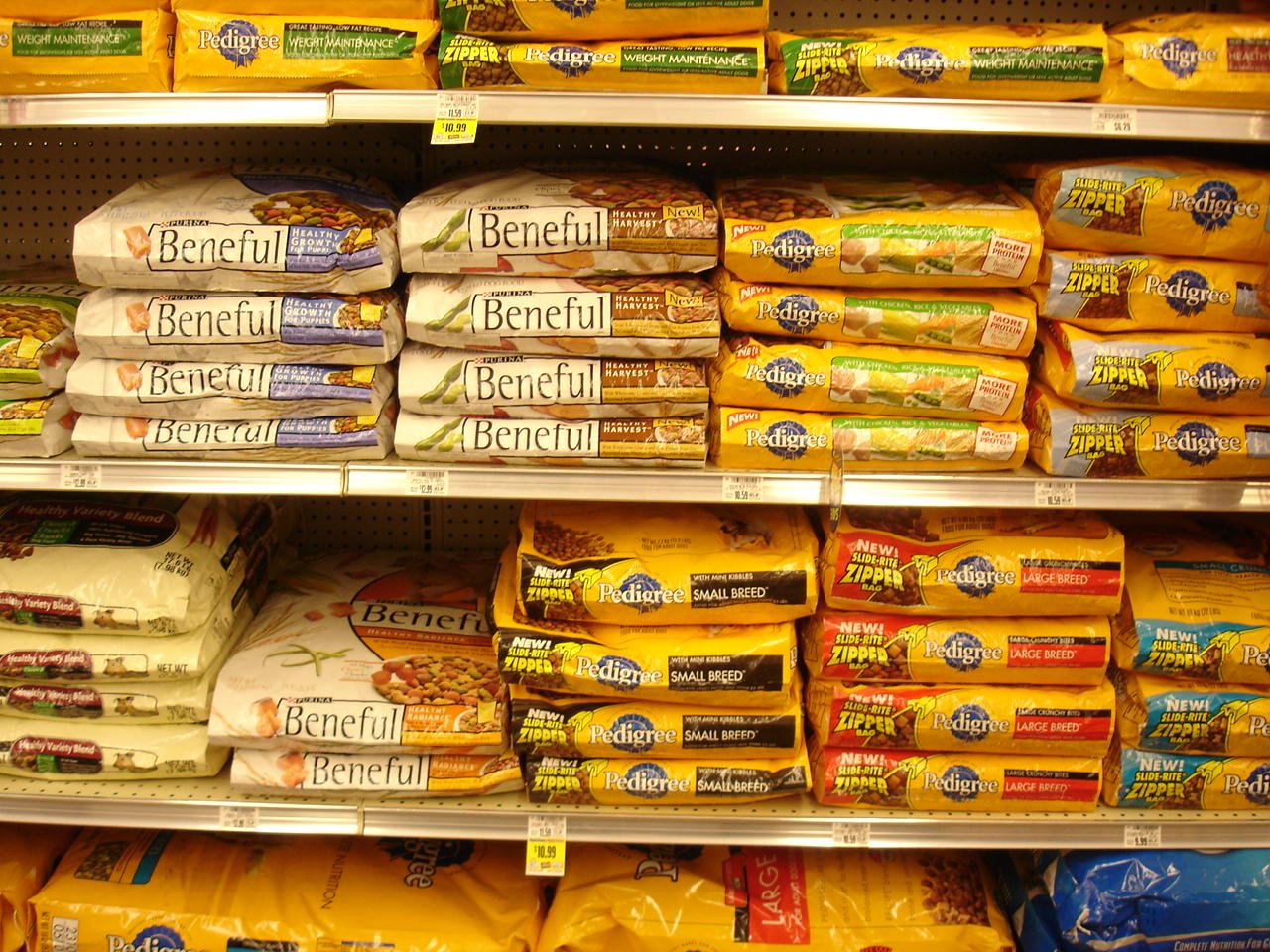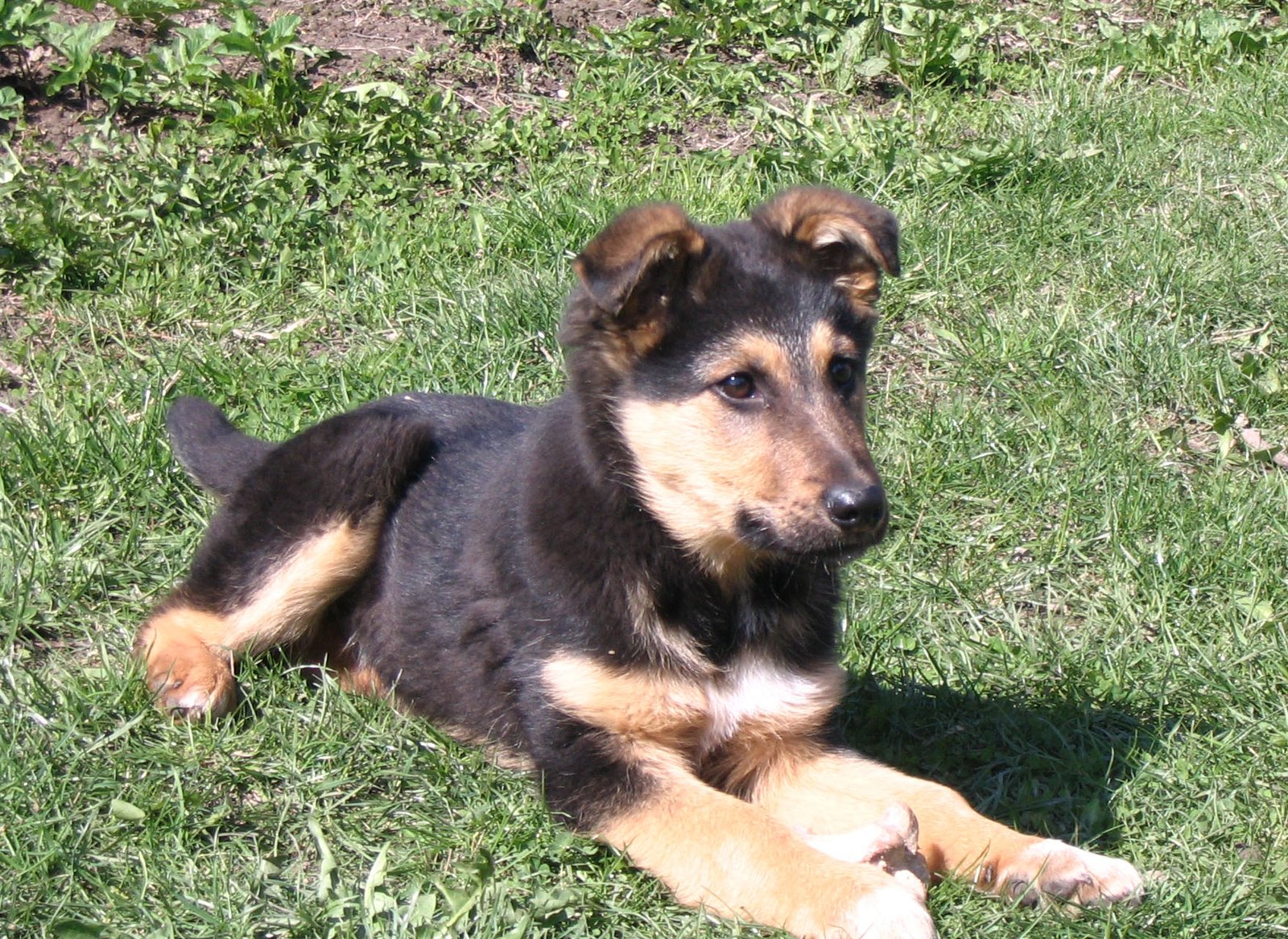Welcoming a German Shepherd puppy into your home can be one of the most rewarding experiences. These loyal companions quickly become family, and ensuring their health and happiness is a top priority. One of the most important aspects of puppy care is feeding. How often should you feed your German Shepherd puppy to ensure they grow into healthy, strong adults? Let’s delve into this essential topic and provide you with all the information you need to nurture your furry friend.
The Importance of Proper Nutrition for Puppies
Just like human babies, puppies require a diet that supports their rapid growth and development. Nutrients such as protein, fats, carbohydrates, vitamins, and minerals are crucial during this stage. Proper nutrition ensures that your German Shepherd puppy’s bones, muscles, and brain develop correctly. A balanced diet also strengthens their immune system, setting the foundation for a lifetime of good health. Neglecting these nutritional needs can lead to various health problems, including stunted growth or developmental issues.
Understanding Your Puppy’s Growth Stages

German Shepherd puppies grow at an astonishing rate. In the first year, they go through several growth spurts. During the initial 8 weeks, they rely solely on their mother’s milk. After weaning, they transition to solid foods. As they continue to grow, their nutritional needs change. From birth to about 6 months, they need more frequent feeding due to their rapid metabolism. As they approach adulthood, their feeding frequency can be gradually reduced, aligning with their slowing growth rate.
Recommended Feeding Frequency for German Shepherd Puppies

The general guideline for feeding a German Shepherd puppy is to provide four meals a day up to the age of 12 weeks. This ensures that their small stomachs can handle the food intake without overloading. From 3 to 6 months, you can reduce their meals to three times a day. As they hit the 6-month mark, two meals a day should suffice. Always consider their individual needs and consult your vet for personalized advice, as some puppies may require more or less frequent feeding.
Choosing the Right Puppy Food

Not all puppy foods are created equal. It’s essential to select a high-quality puppy food specifically formulated for large breeds like German Shepherds. These foods are designed to promote healthy growth and prevent common issues such as hip dysplasia. Look for options rich in protein and healthy fats, with a balanced mix of vitamins and minerals. Avoid foods with artificial additives or fillers, as these can be harmful in the long run. Always read labels carefully and choose brands with a good reputation.
Signs Your Puppy is Eating the Right Amount
Monitoring your puppy’s weight and behavior can help you determine if they’re consuming the right amount of food. A healthy puppy should have a visible waist when viewed from above and a slight abdominal tuck when seen from the side. They should be energetic, playful, and have a shiny coat. If your puppy seems lethargic or is gaining weight too quickly, it might be time to reassess their diet. Regular vet check-ups can also provide valuable insights into their health and nutrition needs.
Adjusting Feeding Schedules as Your Puppy Grows
As your German Shepherd puppy matures, their feeding schedule will need adjustment. Transitioning from multiple meals to fewer meals should be done gradually to avoid digestive issues. Keep an eye on their weight and growth rate, and adapt their feeding schedule accordingly. Remember, each puppy is unique, and what works for one may not work for another. Flexibility and attentiveness are key to ensuring your puppy’s dietary needs are met throughout their various life stages.
Common Mistakes to Avoid When Feeding Your Puppy

Overfeeding is a common mistake many new pet owners make. While it’s tempting to indulge your puppy’s pleading eyes, doing so can lead to obesity and related health problems. Another mistake is feeding them human food, which can be harmful and lacks the necessary nutrients for their growth. It’s also important not to switch foods abruptly, as this can upset their stomach. Consistency is crucial, and any dietary changes should be introduced slowly and carefully.
Incorporating Treats into Your Puppy’s Diet

Treats are an excellent way to reward your puppy and reinforce positive behavior. However, they should only make up a small portion of their daily caloric intake. Opt for healthy, natural treats that complement their diet rather than disrupt it. Be mindful of the treat’s size and frequency, especially when training, to avoid overfeeding. Consider using bits of their regular kibble as treats to keep their diet consistent.
The Role of Hydration in Puppy Health

Hydration is as vital as nutrition for your German Shepherd puppy. Always ensure they have access to fresh, clean water. Dehydration can lead to severe health issues, particularly in active breeds like German Shepherds. Monitor their water intake, especially during hot weather or after exercise. A well-hydrated puppy will generally have good energy levels and a healthy appetite.
Consulting with Your Veterinarian
Regular consultations with your veterinarian are crucial in determining the best feeding practices for your puppy. Vets can offer personalized advice based on your puppy’s health, breed-specific needs, and lifestyle. They can also help you recognize any early signs of dietary deficiencies or health concerns. Building a strong relationship with your vet ensures you have a reliable source of information and support as your German Shepherd puppy grows.
In conclusion, feeding your German Shepherd puppy the right way is a crucial part of ensuring their health and happiness. By understanding their nutritional needs, monitoring their growth, and consulting with professionals, you can provide the best start for your furry friend.

Linnea is a born and bred Swede but spends as much time as possible in Cape Town, South Africa. This is mainly due to Cape Town’s extraordinary scenery, wildlife, and atmosphere (in other words, because Cape Town is heaven on earth.) That being said, Sweden’s majestic forests forever hold a special place in her heart. Linnea spends as much time as she can close to the ocean collecting sea shells or in the park admiring puppies.






